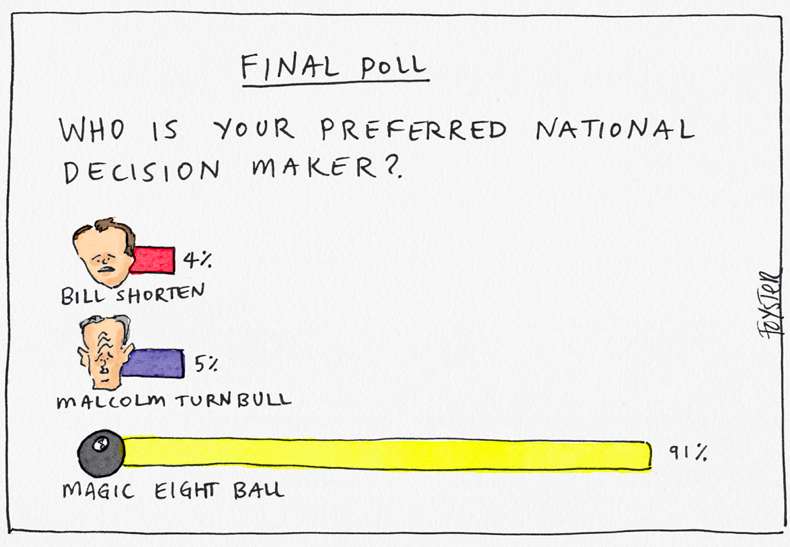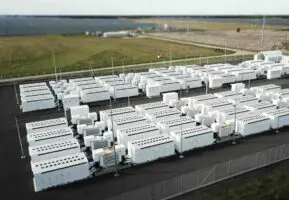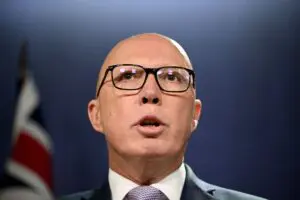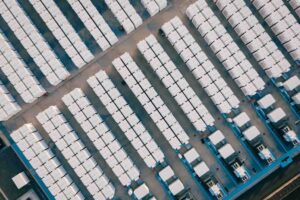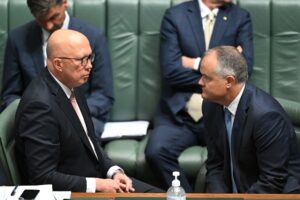The dramatic result and the stunning fallout of the Brexit campaign and vote have been truly fascinating. To borrow an old phrase: never have so many false promises made to so many people been retracted so quickly in the face of such an unexpected victory.
Within hours of the vote, the Leave campaign was already admitting that two of their key campaign promises were complete lies.

There would be, they admitted, no sudden influx of funds into the National Health Service (see their campaign bus above). There would be, they admitted, no reduction in immigration. There wouldn’t even be bigger quotas for the fishing industry.
Indeed, the whole idea of leaving was immediately downplayed. There would be no rush to sign article 50, which triggers the stopwatch of the UK’s departure. The Brexiteers even suggested they might be able to retain their trade links if they could close their borders. The EU told them to go jump in the Channel.
The Brexiteers clearly were not anticipating a victory, just as a dog does not usually expect to catch a car it’s chasing. Now we know what happens when the dog does in fact catch the car. It’s not pretty.
Meanwhile, as retractions abounded, the pound collapsed, more than $2 trillion was wiped off the value of international equity markets, Scotland and Northern Ireland talked of secession, prime minister David Cameron quit, and Labour leader Jeremy Corbyn received so few votes in a no-confidence motion he barely had enough people to fill the shadow ministry.

The implications for Australia, as the election looms, lie elsewhere than the obvious thoughts of working visas, trade impacts, and opportunities for local wine makers.
Brexit’s main protagonist is Nigel Farrage – and the man whos star is rising, even after his NHS backflip, is a boastful, far right politician who rails against immigration, dismisses climate change as a pan-European hoax, and doesn’t think we should be closing down coal fired power stations. He opposes wind farms, describing them “ugly, disgusting, ghastly windmills”.
Sound familiar? It should. Because who were the biggest cheerleaders for Brexit in Australia, people who have said pretty much the same thing as Farage on climate, coal and wind energy, and those of a similar mind, and political persuasion: Ruper Murdoch, who declared the result to be wonderful, the right wing think tank Institutional of Public Affairs, Alan Jones, and the bevy of like-minded far right commentators in the Murdoch media, such as Andrew Bolt, Rowan Dean, etc etc.
If Tony Abbott had been off his leash, along with his admirers in the conservative rump of the Coalition government, they would likely have welcomed it too. Indeed, when the Far Right finds its voice again after an eight week election campaign, you can be certain they will promote the same tribal nationalism that underpinned the Abbott era, the Donald Trump ascendancy and the anti-Euro sentiment.
This is particularly true of climate and clean energy policies, which is the major concern of this web-site.
The failure of climate policies – despite increasing evidence and warnings from the science community – to respond to the science has often been attributed to the “tragedy of the commons,” where individuals – be they people, companies or nations – act independently according to their own self-interest, and behave contrary to the common good.
This has now become the defacto policy of the Turnbull government, forced by its right wing to adopt the Abbott-era policies, and steadfastly refusing to take any further action before other countries, despite the fact that all independent analysis shows that Australia trails the world in climate action.
Despite some nay-sers, the UK withdrawal from the EU will not cause the Paris climate agreement to unravel, but it will have an impact. Europe’s own targets will need to be adjusted, as will that of the UK, which was seen in some quarters as one the main “anti-renewable” bastion in Europe.
Indeed, the European power giant Siemens has already suspended all new investment in the UK, and plans to export wind turbines from a new, Euro-financed manufacturing plant in Hull are up in the air.
The city of Hull voted Leave, and in doing so may have killed its major new industry. The absurdly expensive Hinkley C nuclear reactor now appears even less likely to be built because UK’s departure from Euratom will mean it will have no access to its cheap loans.
Australia’s climate policy is headed down the same path. Any push for more ambitious climate targets, any talk of carbon pricing, any suggestion that Australia should reach for higher renewable energy targets, are routinely dismissed as costly and economically destructive.
The Coalition has no renewable energy target beyond 2020, and no defined policy to meet its own modest carbon abatement targets, yet the scare campaign about the costs of emissions reductions and renewables – prosecuted with equal enthusiasm by Turnbull, his environment minister Greg Hunt, and the climate denying opinion writers in the Murdoch media – contrast with actual experience.
Similar claims were made about the Kyoto targets. But a new report, the first detailed analysis of the Kyoto Protocol, shows that the targets were met by all 36 countries at one tenth to one quarter of the price estimated by experts after the agreement was reached in 1997.
“There is often skepticism about the importance of international law, and many critics claim that the Kyoto Protocol failed,” says Professor Michael Grubb, editor-in-chief of the Climate Policy journal and co-founder of research network Climate Strategies.
“The fact that countries have fully complied is highly significant, and it helps to raise expectations for full adherence to the Paris Agreement.”
The Paris agreement was reached because – unlike at Copenhagen in 2009 – it was clear that the falling cost of technologies, particularly wind, solar and storage, would make the task that much easier, and that much cheaper.
Bloomberg New Energy Finance, in its recent New Energy Outlook, estimated that renewable energy would account for $US7.8 trillion out of the $US11.4 trillion to be invested between now and 2040.
But to reach the 450ppm target, which equates to average 2C warming, another $US5.3 trillion will be needed. This money would not be delivered on the basis of power generation economics and current policies and targets, but would require more ambitious policies set by the world’s major emitting countries.
That, clearly, requires a combined global effort. Equally obviously, that is not what is desired by the far right, be they they from the Abbott camp, the Trumps and the other Republicans, or the Brexiteers, who want coal generation to continue unabated, and for corporations to be unburdened by green or red tape.
And that’s the problem that the rest of the world faces. The dog caught the car in the UK, quite possibly in time for it to be able to stop. That luxury won’t be available to the rest of the world as it deals with more intractable issues such as global warming.

